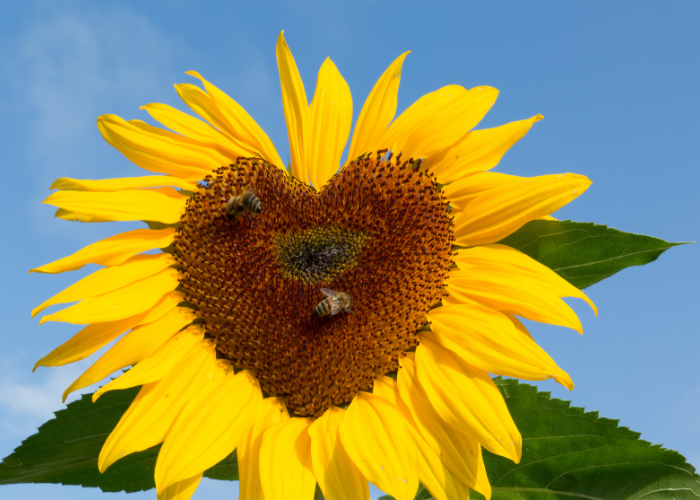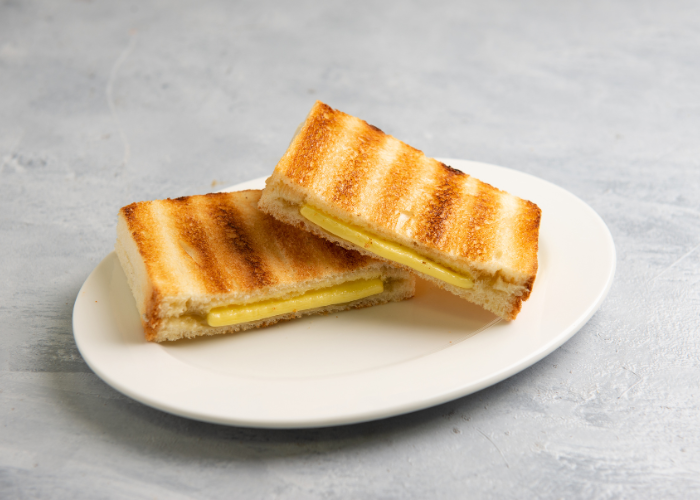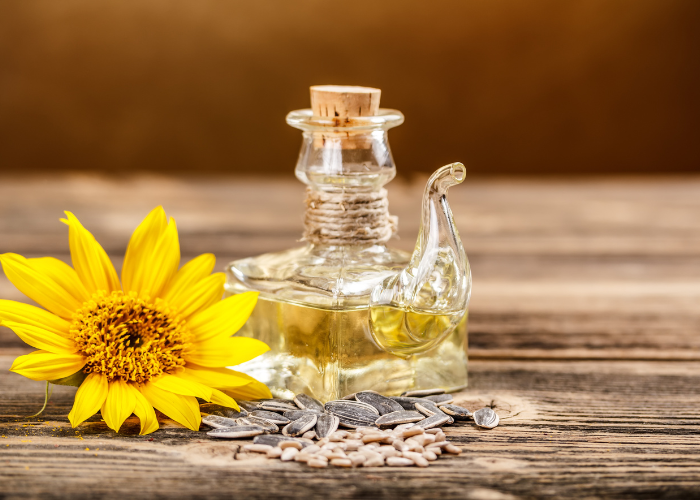Introduction
Sunflower hearts, the dehulled seeds of sunflowers, are a versatile and nutritious ingredient that has gained popularity in both human diets and as a premium feed for birds. Packed with healthy fats, proteins, vitamins, and minerals, these small but mighty kernels offer a plethora of benefits. This comprehensive guide delves into the wonders of sunflower hearts, exploring their health benefits, culinary uses, and even tips on growing your sunflowers for a personal supply of these golden treasures.
Nutritional Benefits of Sunflower Hearts
- A Powerhouse of Nutrients: Sunflower hearts are rich in Vitamin E, magnesium, selenium, and antioxidants, making them an excellent choice for supporting heart health, reducing inflammation, and enhancing the immune system.
- Healthy Fats for a Healthy Heart: They contain monounsaturated and polyunsaturated fats, known for their role in maintaining healthy cholesterol levels and promoting heart health.
- Protein-Rich: With a high protein content, sunflower hearts are a great plant-based protein source, essential for muscle growth and repair.
Culinary Uses of Sunflower Hearts
- Versatile Kitchen Ingredient: From being sprinkled on salads and yogurts to being incorporated into bread and muffins, sunflower hearts add a nutritious crunch to a variety of dishes.
- Homemade Sunflower Butter: A delightful alternative to peanut butter, sunflower butter made from sunflower hearts is nutty, creamy, and perfect for those with nut allergies.
- A Boost for Breakfast: Add sunflower hearts to your morning granola or oatmeal for a nutritious start to your day.
Sunflower Hearts for Birds
- A Favorite Among Birds: Sunflower hearts are highly sought after in the bird feeding community. They attract a wide variety of birds and are easier for small birds to eat since they’re already dehulled.
- Mess-Free Feeding: Unlike whole sunflower seeds, sunflower hearts leave no waste behind, making them a clean and convenient feeding option for bird enthusiasts.
Growing and Harvesting Your Sunflowers
- Cultivating Sunflowers: Sunflowers are relatively easy to grow, requiring full sun and well-draining soil. They’re resilient and can thrive in most climates.
- Harvesting and Processing: Once the sunflower heads droop and the back of the head turns brown, it’s time to harvest. Remove the seeds, and dehull them to get to the hearts. It’s a labor of love but well worth the effort for home-grown sunflower hearts.
Environmental Impact and Sustainability
- Eco-Friendly and Sustainable: Growing sunflowers for their seeds can be a sustainable practice, as sunflowers are known for their positive environmental impact, including attracting pollinators and improving soil health.
Conclusion
Sunflower hearts are more than just a bird feed; they’re a nutrient-rich ingredient that offers a range of health benefits and culinary uses. Whether you’re looking to enhance your diet with healthy fats and proteins, attract a variety of birds to your garden, or embark on the rewarding journey of growing sunflowers, these little kernels of sunshine are a valuable addition to your lifestyle. By integrating sunflower hearts into your daily routine, you can enjoy the multitude of benefits they offer, all while contributing to a healthier, more sustainable world.




